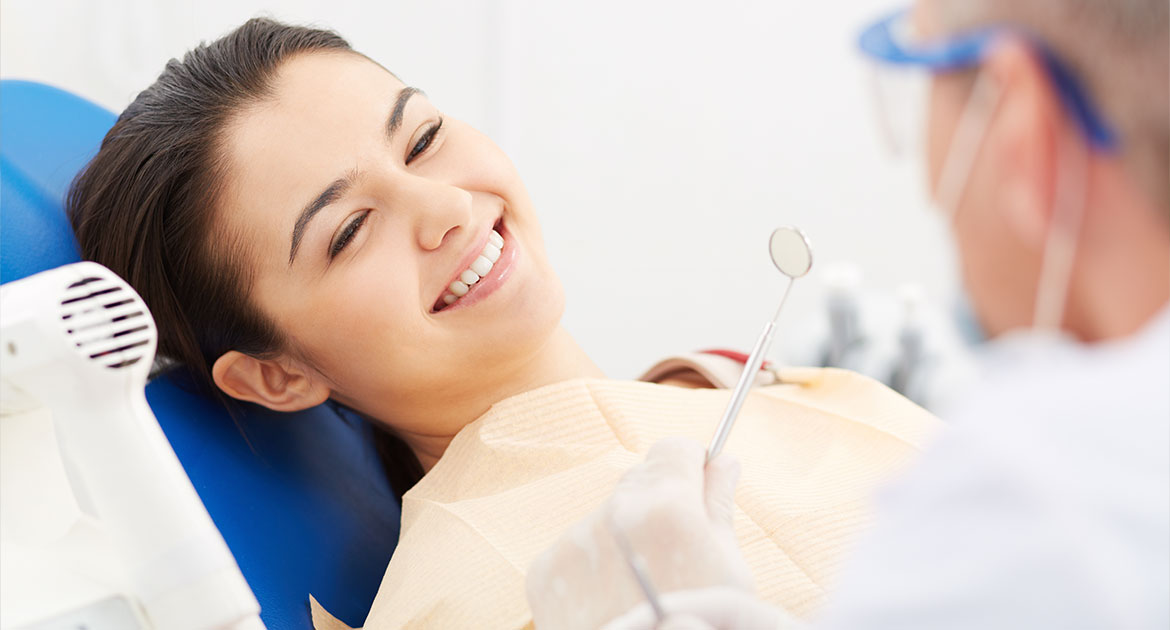
Relieve Jaw Pain & Restore Comfort with Expert TMJ Treatment
Temporomandibular joint (TMJ) disorders affect the joint connecting your jawbone to your skull, causing pain, stiffness, and difficulty moving the jaw. If you experience jaw discomfort, clicking sounds, or chronic headaches, Dr. Ashraf Adam at Caring Dental in Herndon, VA offers personalized TMJ disorder treatments to restore your jaw function and eliminate pain.
What Is TMJ Disorder?
TMJ disorder occurs when the temporomandibular joint (TMJ) is misaligned or inflamed, leading to pain and functional issues in the jaw. Symptoms can range from mild discomfort to severe jaw dysfunction, affecting chewing, speaking, and overall quality of life.
Common Symptoms of TMJ Disorder
✔ Jaw pain or tenderness
✔ Clicking or popping sounds when moving the jaw
✔ Frequent headaches or migraines
✔ Muscle stiffness in the face, neck, or shoulders
✔ Locking of the jaw or difficulty opening/closing the mouth
✔ Misaligned bite or difficulty chewing
What Causes TMJ Disorders?
Several factors can contribute to TMJ disorder, including:
✔ Teeth grinding (bruxism) – Puts excessive pressure on the jaw joint
✔ Jaw misalignment (malocclusion) – Leads to uneven stress on the TMJ
✔ Arthritis – Causes inflammation and joint deterioration
✔ Stress & muscle tension – Can result in jaw clenching
✔ Trauma or injury – Direct impact on the jaw joint
Identifying the cause of TMJ disorder is crucial for developing an effective treatment plan.
How Do We Diagnose TMJ Disorders?
At Caring Dental in Herndon, VA, Dr. Ashraf Adam performs a comprehensive evaluation to diagnose TMJ disorder accurately. This includes:
✔ Physical examination – Checking jaw movement, tenderness, and joint function
✔ Dental & medical history review – Understanding symptoms and lifestyle factors
✔ Imaging tests (X-rays, MRI, or CT scan) – Assessing joint structure and alignment
TMJ Disorder Treatment Options
We offer a range of treatments, starting with non-invasive therapies before considering surgical interventions.
1. Conservative & Non-Surgical Treatments
✔ Pain medications & muscle relaxants – To relieve discomfort and reduce muscle tension
✔ Oral splints & mouthguards – To prevent grinding and align the jaw correctly
✔ Physical therapy & jaw exercises – To strengthen and relax jaw muscles
✔ Hot/cold therapy & stress management – To reduce inflammation and tension
2. Advanced TMJ Treatment Options
✔ BOTOX® injections – Temporarily relaxes jaw muscles to relieve pain
✔ Corticosteroid injections – Reduces joint inflammation and swelling
✔ Occlusal adjustments (bite correction) – Reshapes teeth for a balanced bite
3. Surgical Treatment (For Severe Cases)
✔ Arthrocentesis – A minimally invasive procedure to flush out inflammation
✔ TMJ Arthroscopy – A small surgical procedure to examine and treat joint issues
✔ Open Joint Surgery – Recommended only for severe joint damage or structural issues
➡ [Explore Your TMJ Treatment Options]
Is TMJ Disorder Preventable?
While TMJ disorders may not always be preventable, you can reduce the risk and severity by:
✔ Avoiding excessive gum chewing or nail biting
✔ Using a mouthguard if you grind your teeth at night
✔ Practicing stress management techniques to minimize jaw tension
✔ Maintaining good posture to avoid unnecessary jaw strain
✔ Scheduling regular dental check-ups for early detection

